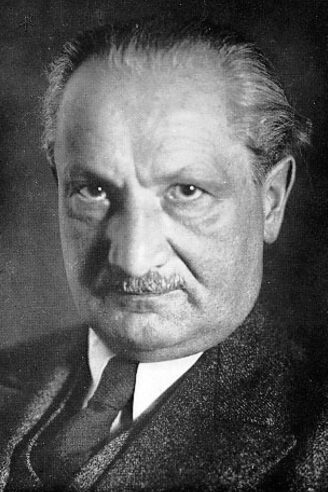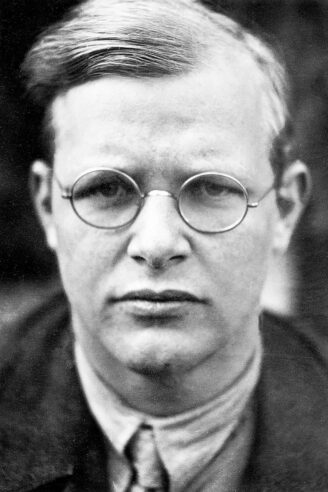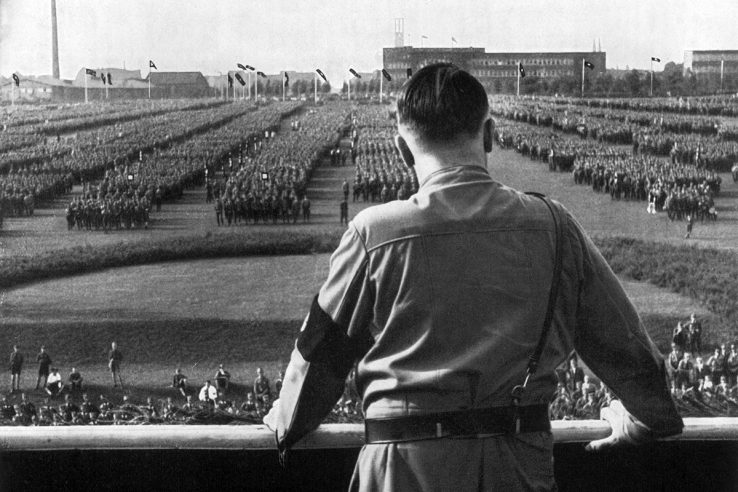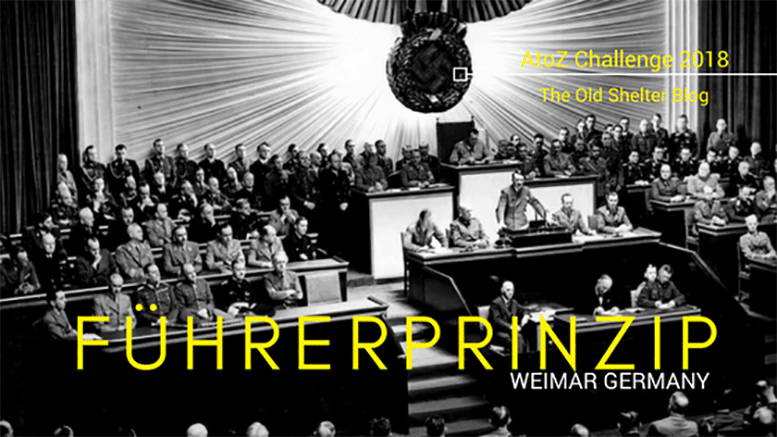It would be misleading to think that Germany was the only nation where authoritarian ideologies became popular after World War I. In fact, all European nations let themselves be fascinated with this kind of ideologies, spurred by the difficulties of emerging from the destruction of the war and by the necessity to deal with profound and unexpected social changes.
After the war, many old regimes had fallen and nations were experimenting with new forms of government. Germany, with her experiment of democracy, was far from being an isolated case.
But in a continent where monarchy had been the norm for centuries, learning to manage a republic was hard for the politicians as well as for the population, and after five years of struggles across lands and social strata, people’s patience was very short. They wanted to see results. They wanted to go back to prosperity as fast as possible, and they also didn’t want to deal with all the changes that were happening and destabilizing the community no less than the war had already done. Whoever could promise them that was welcome.
This was a common attitude, but in Germany, there was also a peculiar cultural expectation that pushed people further.
At the end of the war, German culture wasn’t homogeneous. It was composed of many different ethnicities united by language and history, but the Prussian culture was dominant. Strict, regulated, not prone to emotional reactions, the Prussian culture found in the military organization and way of life its higher incarnation, which then spread into all aspects of everyday life. It was from this culture that the Führerprinzip — the Principle of the Leader — arose, originally a very high philosophical concept. In fact, in the 1920s, many philosophers, such as Martin Heidegger and Dietrich Bonhoeffer, wrote and spoke about it and the hope that a Führer would appear.


The Führer was the ultimate leader. He was connected to his land and to his people in an almost mystical way. He would dedicate himself totally to the welfare of the nation, and he would inspire his people to do the same. This was the key point. The true Führer would inspire people to act, not act in their stead, and would never seek dominance, because his task was to lead his people to a better life of fulfillment, not to dominate or manipulate their lives.
Bonhoeffer clearly states that the Führer himself should always remind his followers of his own limits and their responsibilities, otherwise his followers would turn him into an idol and thus he would cease to be a leader. Great stress was placed into the limits of the Führer, because it was in those limits that freedom and fulfillment for everyone would have been kept save.
Disappointed as they were with the results — or lack thereof — of the republic, many Germans started to hope, even to call, for the appearance of a Führer. Especially young people, most of all young men who had had their baptism of fire in the trenches, turned to the Führerprinzip as a solution for the many problems of the republic.
It was obvious that the democracy, with the endless discussions and the many voices, wasn’t able to lead Germany out of troubles, but a strong personality who deeply cared for the nation might probably do it.
So it isn’t all that surprising that when such a person seemed to appear and presented himself as such, people turned to him. Little they knew that the Führer in flesh and blood they were getting was a far cry from the ideal figure they longed for.
This story was originally published at The Old Shelter as part of an A-to-Z challenge about the history of Weimar Germany, April 6, 2018.






